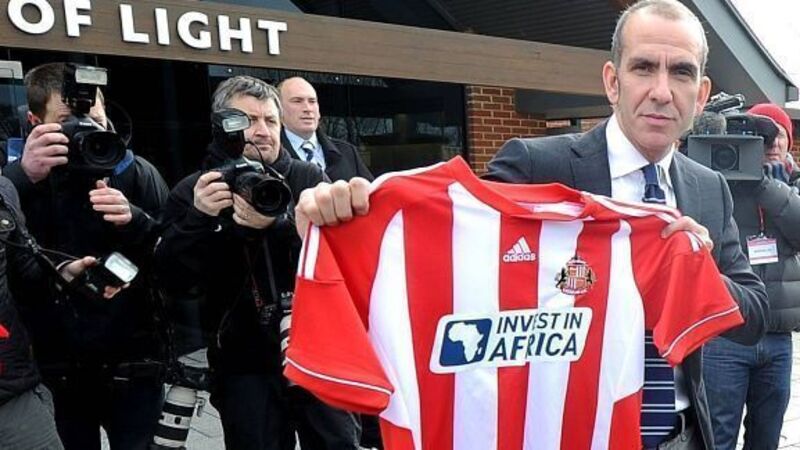Di-Day for Sunderland

As much as I was initially surprised at the sacking of Martin O’Neill, as soon as I thought about it for a few seconds I realised nothing really surprises me in football anymore.
In years gone by it was virtually unheard of for managers to be sacked with only a few weeks left in the season. The only reason we have seen football clubs like Reading and now Sunderland wield the axe now is because of the astronomical money at stake for Premier League survival. Revenue from domestic deals with Sky and BT for three seasons from 2013/14 will be a whopping £3 billion. BBC’s Match of the Day chip in with £178 million. With overseas deals set to bring this figure over the £5 billion barrier then you can see why owners and chairmen of clubs in and around the bottom of the table are getting more than a little edgy.











